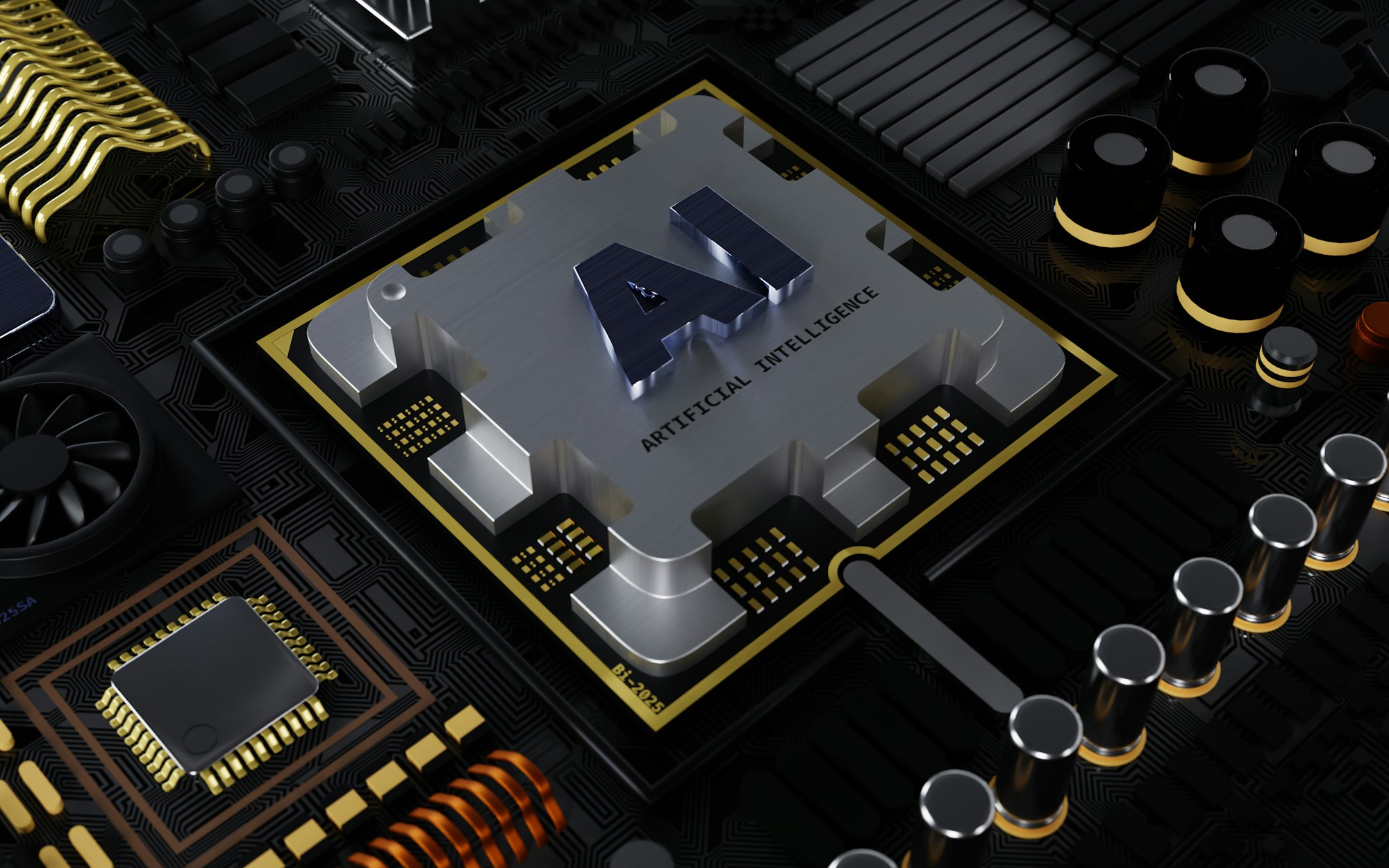OpenAI to release its custom AI chip later this year
The AI arms race is heating up, and players are willing to spend billions to stay in the lead.
OpenAI is doubling down on its ambition to dominate the AI landscape—not just with groundbreaking software but now with its very own silicon.
While earlier reports hinted at these plans, it now appears the ChatGPT maker is ramping up efforts to produce its first in-house AI chip this year, according to Reuters.
To make this vision a reality, OpenAI has assembled a team of about 40 engineers, led by Richard Ho – a former Google engineer who was involved in the search giant’s AI chip program. The group is working in collaboration with semiconductor powerhouse Broadcom to finalize the chip design in the coming months, aiming to hand it over to the Taiwan Semiconductor Manufacturing Co. (TSMC) for fabrication.

But this is where the stakes rise: costs for taping out a chip could run into hundreds of millions of dollars and take about six months, according to industry insider estimates. Even then, there’s no guarantee the chip will work as intended. A faulty design means expensive troubleshooting and another costly production cycle.
But for OpenAI, the risk is worth it.
Nvidia currently holds an estimated 80% market share for AI chips. OpenAI developing its own chip could help the company gain greater control over performance, availability, and costs. The upcoming chip will reportedly use TSMC’s cutting-edge 3-nanometer technology, featuring high-bandwidth memory and advanced networking capabilities.
Initially, OpenAI plans to deploy the chip on a limited scale, using it primarily to run AI models. If all of this initial production run goes smoothly, OpenAI could start testing its chip as an alternative to Nvidia’s by late 2024. This would be a significant breakthrough, given that other tech giants — including Microsoft and Meta — are yet to develop their custom AI chips.
OpenAI’s leap into silicon manufacturing shows that owning the right hardware can be just as important as pioneering groundbreaking software. Whether OpenAI’s first chip can challenge Nvidia’s dominance remains to be seen, but one thing is clear: the AI arms race is heating up, and players are willing to spend billions to stay in the lead.










